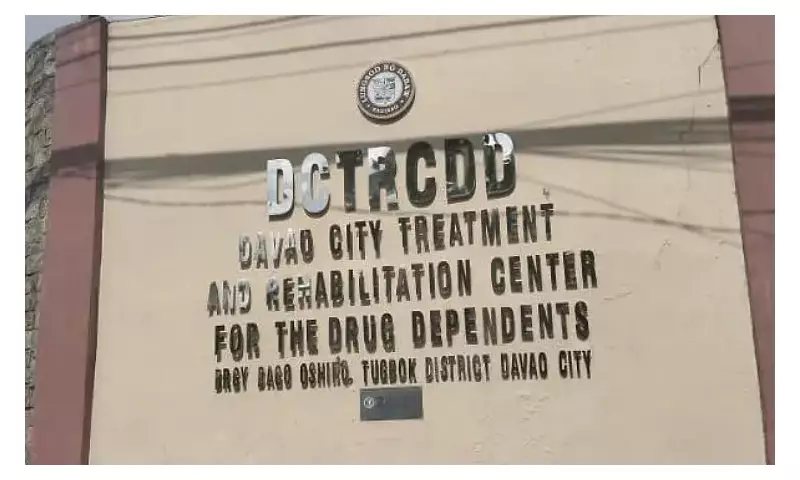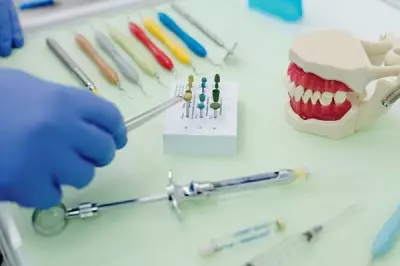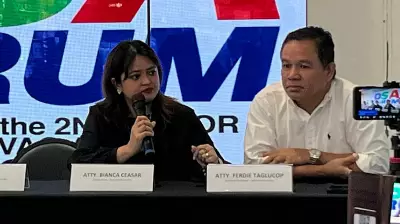
The Davao City Treatment and Rehabilitation Center for Drug Dependents (DCTRCDD) has announced ambitious plans to significantly expand its services by establishing a new outpatient monitoring system and developing a dedicated mobile application.
New Outpatient System for Enhanced Monitoring
Dr. Michelle Schlosser, the officer-in-charge of DCTRCDD, revealed during the ISpeak media forum on Thursday, November 6, 2025, that the center is creating the Davao City Center for Empowerment and Rehabilitation System. This initiative is a direct response to the vision of Mayor Sebastian \"Baste\" Duterte, who emphasized that rehabilitation continues long after patients leave the facility.
\"It's not the end of the rehabilitation but then it's the start of reintegration to the society,\" Dr. Schlosser stated. The core of this new system is an outpatient clinic, which has already been constructed. The center is now finalizing operational documents in partnership with the Department of Health (DOH).
A key feature of the new program is the 18-month monitoring period for all discharged patients. This extended observation aims to track their progress and determine if they have relapsed into drug use. Dr. Schlosser explained that a lack of recovery capital or family support is a primary reason for relapse, and she encouraged the public to support individuals on their path to recovery.
Digital Innovation and Budget Requirements
To make the monitoring process more efficient, the DCTRCDD is planning to develop a dedicated electronic application. The center is exploring a partnership with the Department of Information and Communications Technology (DICT) for its creation.
\"We can further intensify our monitoring and improve the health services that we provide to our patients,\" Dr. Schlosser said. She added that the app would streamline efforts for the City Anti-Drug Abuse Council (Cadac-Davao), the Philippine Drug Enforcement Agency (PDEA), and the DOH. In a sideline interview, she indicated they aim to launch the application within a year, with six months dedicated to software development.
This expansion of services, however, requires additional funding. While the center's current annual operational budget is ₱27 million, Dr. Schlosser has proposed an extra ₱7 to ₱10 million to cover the new outpatient program's operational costs and manpower. She believes this requested amount will decrease once the system becomes fully established and optimized.
Inside the Rehabilitation Center's Operations
The DCTRCDD, which has been operational for 22 years since its establishment under then-Mayor Rodrigo Duterte, currently has a 110-bed capacity. As of November 2025, it is accommodating 91 patients, comprising 84 adults and 7 minors. The youngest patient is 13 years old, and the oldest is 60.
Admission and discharge depend on a patient's performance and progress, with poor behavior potentially leading to a longer stay. The center has noted an increase in individuals seeking rehabilitation, particularly through plea bargaining agreements. It also accepts walk-in clients who voluntarily seek help but strives not to exceed its capacity to ensure patient comfort.
Treatment at the center is holistic, encompassing spiritual, mental, and livelihood enhancement programs delivered in partnership with various government agencies and NGOs. Admission is free for indigent patients, with a sliding scale of fees based on financial capacity: Category A (₱10,000/month), Category B (₱5,000), Category C (₱2,500), and Category D (free).
The facility is supported by a team of six social workers, four nurses, one nursing aide, one physician, and a visiting psychiatrist, all dedicated to helping patients become productive members of society upon their discharge.





